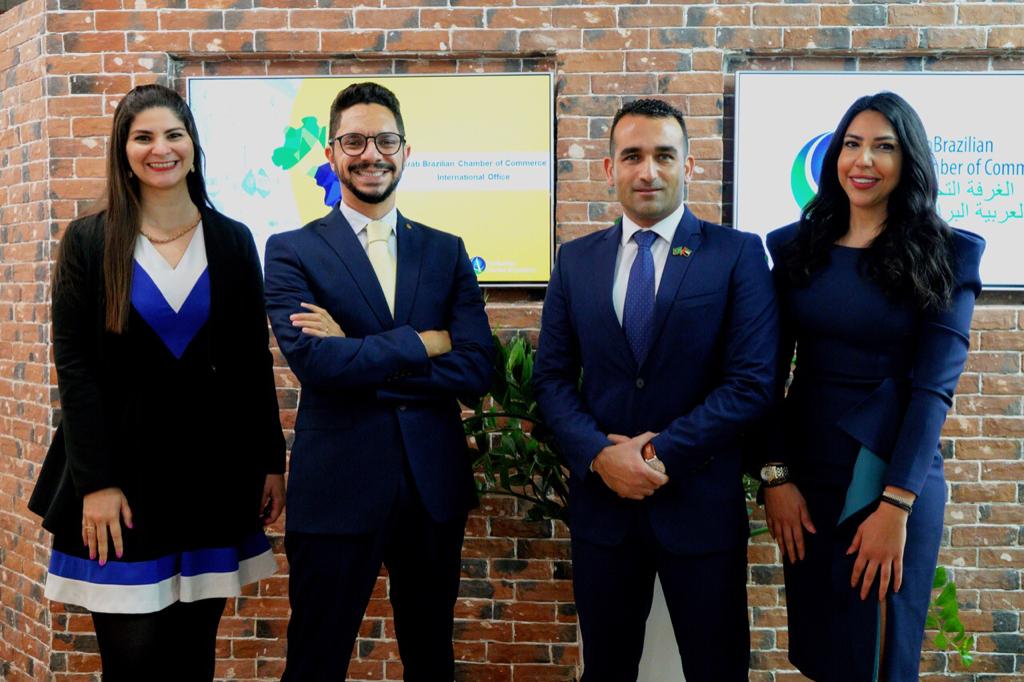São Paulo – An event that marked the return of Brazilian brands to international in-person events, the 2021 Gulfood ended on Thursday (25). The 42 Brazilian companies that took part in the food industry show in Dubai, United Arab Emirates as part of the pavilion organized by the Brazilian Trade and Investment Promotion Agency (Apex-Brasil) described a very positive event.
This year’s show was hosted in a smaller format due to the safety measures to curb the spread of the COVID-19. The event helped boost the deals of businesspeople, who could have an in-person networking after months of online contacts. Out of the Brazilian brands that were at the show, many are members of the Arab Brazilian Chamber of Commerce (ABCC).
Rafael Solimeo, the head of the ABCC international office in Dubai, believes the participants were pretty optimistic with the prospect of resuming deals with new and old partners from the Arab world. “The companies reported some relief as it’s very difficult to sell food products if the buyer can’t taste them and verify their quality. Despite being smaller, this year’s show met its goal of taking negotiations forward,” he said.
Find out more on this year’s show:
The ABCC staff held B2Bs between participating companies and potential buyers at the Dubai office. “Many connections seemed promising,” he said. In the B2Bs, the executive noticed the buyers were more willing to meet new suppliers and expand their range of imports from Brazil. An example were importers that used to buy only soy or sugar and were considering purchasing meat and processed foods, too.
The demand for food products in the 22 Arab League countries has intensified during the pandemic, which reinforces the Brazilian role for the region’s food security. According to figures from the ABCC, in 2020 the volume of Brazilian agribusiness exports to the Arab countries climbed 16% from the previous year. The entity also reported it was contacted last July by new Arab importers to find suppliers in Brazil.
The pandemic has fast-tracked Arab projects aimed at decreasing its reliance on foods from abroad. That’s the case of Saudi Arabia’s Vision 2030, which aims to make the country able to meet 60% of its demand for halal poultry domestically. Solimeo pointed out this made the situation more favorable for Brazilian food companies that are willing to expand their operations in the Arab world, especially with investments in production in these countries.
Due to the pandemic, the show was only confirmed in early February. The Gulf country had already immunized almost half of its population by early February but keeps requiring passengers to present a negative COVID-19 PCR test taken at least 72 hours prior to their arrival in the airports. For Brazilians, although there’re no official restrictions, a setback was the suspensionof direct flights to Dubai until February 28.
Translated by Guilherme Miranda







